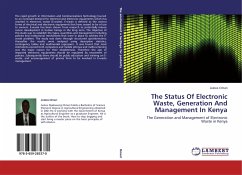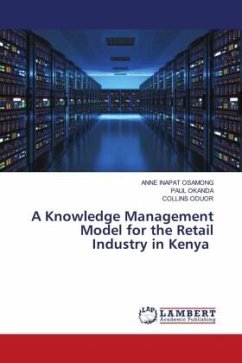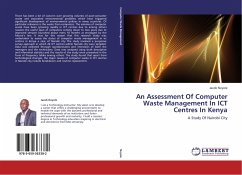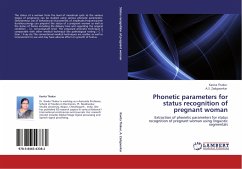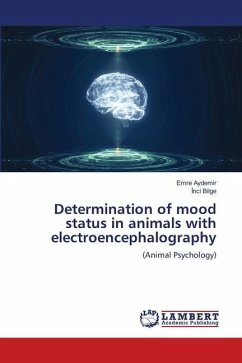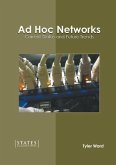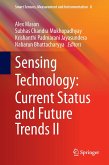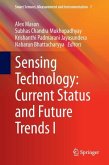The rapid growth in Information and Communications Technology has led to an increased demand for electrical and electronic equipments which has resulted in electronic waste (E-waste). E-waste is defined as the various forms of electrical and electronic equipments that have ceased to be of use to owners. E-waste has been shown from research to potentially induce cancer development in human beings in the long term. The objective of this study was to establish the types, quantities and management including policies and institutional mechanisms that were in place to address the E-waste problem. The study was done through structured questionnaires; thereafter the results were analyzed using descriptive statistics, contingency tables and multinomial regression. It was found that most institutions owned both computers and mobile phones and malfunctioning was the major reason for their obsoleteness. Therefore the age of imported electronic equipments should be regulated by enactment of policies. Subsequently there should be public education and training on E-waste, and encouragement of private firms to be involved in E-waste management.

